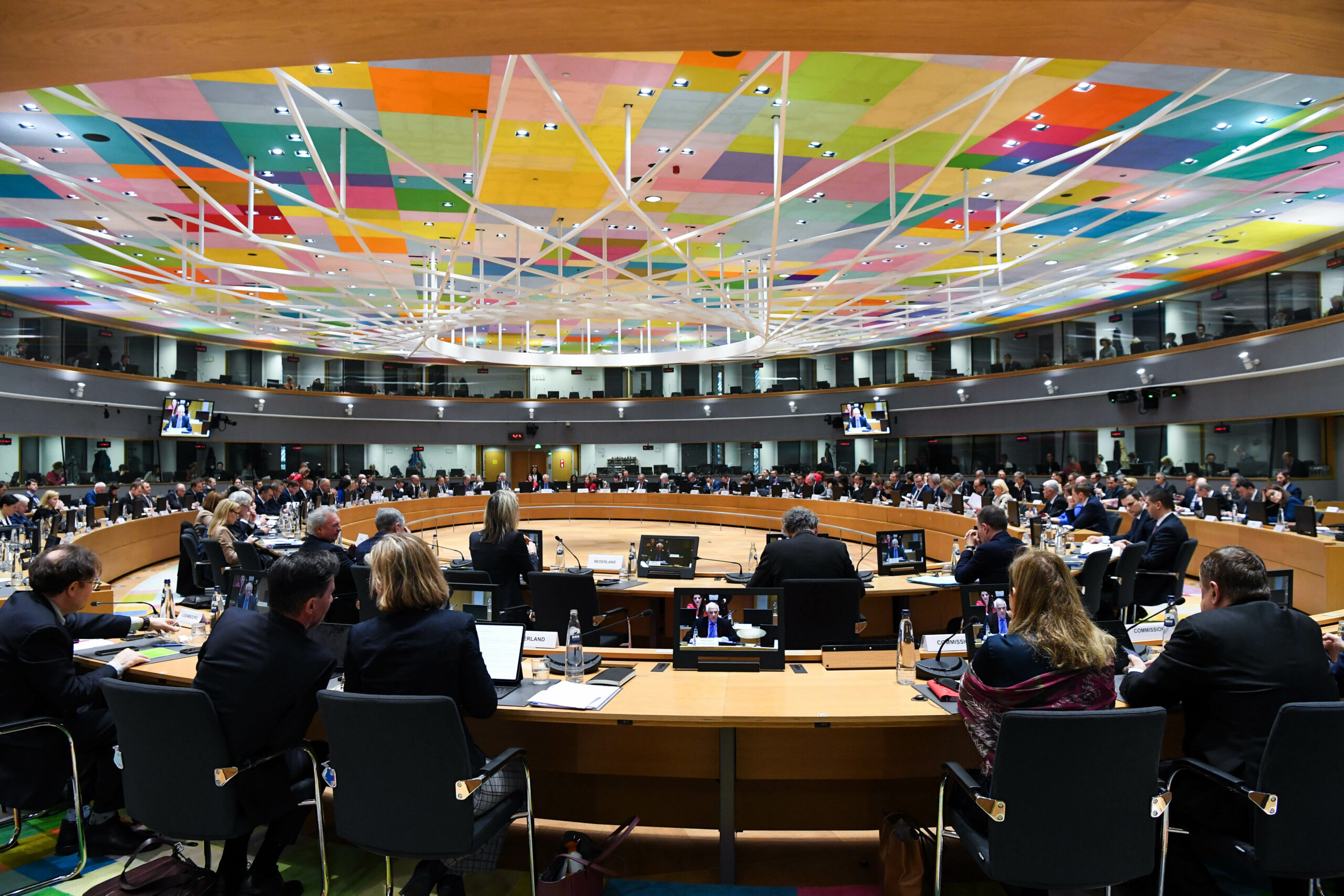On Monday 20 March, the Foreign Affairs and Defence Ministers of the 27 Member States, meeting in jumbo format, adopted the first report on the implementation of the Strategic Compass. The document should set the course for European defence and security for the next decade.
One year after its adoption, Josep Borrell underlined the « significant progress and concrete results achieved in the four chapters of the ‘Strategic Compass’ (act, secure, invest and participate) ».
The High Representative of the Union insists on the Union transformation following Russia’s aggression in Ukraine, considering that it has «boosted the credibility » of the EU’s security and defence agenda. He particularly welcomed the « unprecedented increase in defence budgets ». The 6% increase in 2021 brought EU budgets to a total of €214 billion. And a total additional budget of €75 billion is expected by 2025.
